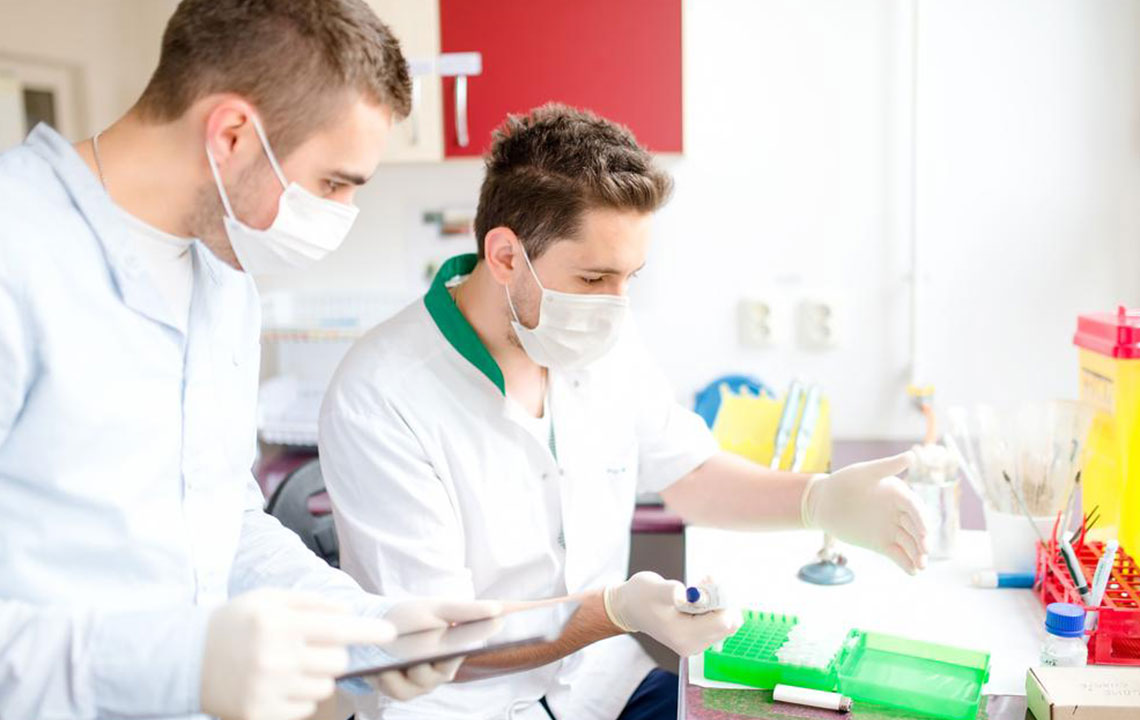Guide to Becoming a Physician Assistant in France
Explore the growing role of Physician Assistants in France, including education pathways, job prospects, and how the profession is evolving within the country’s healthcare system. Learn about salary expectations, regulatory status, and future opportunities for aspiring healthcare professionals in this emerging field.

Guide to Becoming a Physician Assistant in France
France leads in healthcare innovation with one of the most advanced medical systems globally. As healthcare needs grow, the profession of Physician Assistants (PAs) is gaining attention for improving patient access and system efficiency. Although well-established in countries like the U.S., the PA role in France is still developing, with significant growth potential. This article discusses how to pursue a Physician Assistant degree in France, the educational pathways, career prospects, and what future PAs can expect in this evolving field.
What is a Physician Assistant (PA)?
A Physician Assistant is a licensed healthcare provider working under physician supervision, capable of diagnosing, treating illnesses, prescribing medications, assisting in surgeries, and educating patients. PAs play a crucial role in streamlining healthcare delivery, expanding access, and alleviating physician workload. In France, the PA role is still emerging, with increasing recognition in primary and specialized care settings. While not historically established here, the concept is gradually being incorporated into the healthcare framework.
The Role of Physician Assistants in France
Although formalized structures are still developing, many healthcare roles in France share similarities with the PA profession. Medical trainees are encouraged to work within multidisciplinary teams, gaining relevant skills for future PA responsibilities.
Key Functions of a PA in France:
Diagnosis and Treatment: Conducting exams, ordering tests, treating various conditions from minor ailments to chronic diseases.
Medication Prescriptions: Depending on legislation, some PAs may prescribe selected medications under supervision.
Surgical Support: Assisting in surgeries, performing minor procedures, and providing postoperative care.
Patient Education: Explaining diagnoses, treatments, and health management strategies.
Record Management: Keeping accurate patient documentation for effective ongoing care.
While recognition grows, the legal scope for PAs in France remains in development, with evolving regulations.
Educational Routes for Aspiring PAs in France
Currently, dedicated PA training programs are limited. Most candidates follow existing medical or nursing programs, which serve as a foundation for future roles. The main pathways include:
Medical Assistant or Nursing Training:
Duration: 2-3 years.
Focus: Courses in healthcare sciences, pharmacology, clinical procedures, and patient care. Though formal PA certification isn't yet standard, this pathway builds key skills relevant for the role.
Postgraduate Medical Studies:
Duration: 5-7 years, similar to becoming a physician, followed by specialization.
Note: Some postgraduate programs incorporate aspects of PA duties but are not yet standardized for PA training.
Leading universities like Université Paris Descartes, Université de Lyon, and Université de Strasbourg provide healthcare education. International programs may also be considered for comprehensive PA training, particularly those aligned with US or UK standards.
Salary Prospects and Job Outlook in France
Salary levels vary based on experience and location:
Entry-level: €25,000 to €35,000 annually.
Experienced PAs: €40,000 to €55,000 per year.
Specialist roles, such as surgical assistants, can earn over €60,000.
The demand for healthcare workers remains high across France, especially in rural and underserved areas. As the PA role gains recognition, more opportunities will open in fields like emergency care, family medicine, and surgery, supporting France’s evolving healthcare needs.
Comparing France with Other Countries
Differences in PA roles include:
Education: US PAs typically hold master’s degrees requiring 2-3 years post-bachelor’s; France’s model is more aligned with medical/nursing training over 5-7 years.
Certification: US PAs require board certification; France currently lacks formal national certification for PAs.
Scope of Practice: US PAs have broad prescribing and procedural authority; French PAs have limited prescribing rights, with regulations still developing.
Salaries: US PAs earn approximately €95,000–€120,000 annually, whereas French PAs earn between €25,000–€60,000 depending on experience.
Despite its nascent stage, the PA profession in France is poised for growth, offering promising career prospects for healthcare enthusiasts. As the healthcare landscape broadens, opportunities for PAs will increase, especially in underserved regions, making it an appealing career path in the country’s evolving medical environment.










